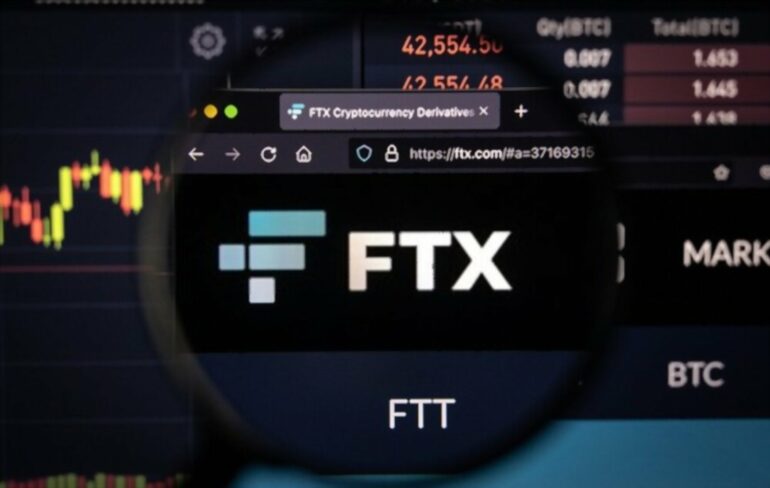Summary:
- FTX attorneys argued that Turkish authorities would not work closely with U.S. courts and bankruptcy proceedings.
- Judge John T. Dorsey agreed with the fallen crypto exchange and ruled to exclude SBF’s Turkish division from the case.
- The judge made a second ruling approving the sale of some assets to bolster the estate’s overall holdings.
- FTX will be allowed to sell or transfer certain “de minimis” investments made by the crypto exchange and its sister firm Alameda Research.
U.S. Judge John T. Dorsey ordered the exclusion of FTX Turkey from the company’s bankruptcy case taking place in Delaware.
FTX attorneys argued in January that Turkish authorities would not work closely with U.S. courts. In November 2022 when the crypto exchange collapsed, Turkish authorities launched a probe into Sam Bankman-Fried’s local affiliate. Turkish law enforcement also seized domestic assets controlled by Bankman-Fried’s exchange.
The assets managed by FTX Turkey would also prove difficult to claim as they fall under the purview of local jurisdiction, attorneys said. Based on this, lawyers representing the bankrupt crypto exchange asked the court to ax its Turkish subsidiary for proceedings.
Judge Dorsey agreed with the motion, saying that the decision was in the best interest of the bankrupt estates.
FTX Approved To Sell De Minimis Assets
In another court ruling on Monday, Judge Dorsey approved FTX to sell some of its assets and investments. Liquidators of the crypto exchange submitted a motion back in January aimed at raising cash from investors by offloading “de minimis” assets and other investments.
These assets were reportedly acquired or invested in by both the crypto exchange and its sister firm Alamada Research. According to the filing, the exchange made some 185 investments worth around $1 million each. $837 million was also parked in 32 investment funds from companies like Kraken Ventures and Sequoia.
The conditions set by the court state that assets sold must be valued at $1 million or less. Also, the initial capital paid to acquire these assets or the “confirmed investment value” must be $5 million or less.
Per Judge Dorsey’s February 13 ruling, investee parties have five days to object to this move. The liquidators will be granted autonomy of asset sales without court approval if no objections are made. However, the court requested that the debtors submit weekly updates to keep all parties abreast of asset sales and transfers.

